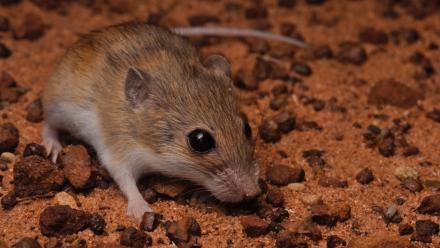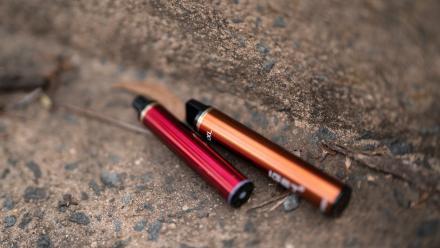Iso picked as ‘typically Aussie’ word of the year
Iso: self-isolation; the act of remaining apart from others as a way to limit the spread of an infectious disease, especially as a public health measure.
In a year dominated by COVID-19 the Australian National Dictionary Centre has chosen iso as its Word of the Year from a very long list of pandemic-related terms.
Each year the Centre, based at The Australian National University (ANU), picks a word or expression that has gained prominence in the Australian social landscape.
Senior Researcher Mark Gwynn says that among the hundreds of pandemic-related terms collected by the Centre, iso stood out as a characteristically Aussie abbreviation.
"Our fondness for abbreviating words in Australia, and a natural human inclination to make the unknown and scary familiar, quickly saw the descriptive term 'self-isolation' shortened to iso in March this year," Mr Gwynn said.
"Not only is iso distinctively Australian in usage, it has also been linguistically productive by combining with other words to form compounds such as iso baking, iso bar, iso cut and iso fashion.
"Many of us found humour in language use as a way to cope with our changed working and social circumstances, so why not talk about a bad self-inflicted haircut as an iso cut, or the extra weight gained due to lack of exercise as iso kilos."
The words on the shortlist reflect the impact of the pandemic in 2020, with only one word chosen that was not related to the virus and its effects.
The full 2020 shortlist includes:
- Black Summer: the summer of 2019/2020, during which catastrophic bushfires occurred in southeastern Australia.
- bubble: a district, region, or a group of people viewed as a closed system, isolating from other districts, regions, or groups as a public health measure to limit the spread of COVID-19. 'Bubble' was also found in compounds such as 'travel bubble', 'germ bubble' and 'sporting bubble'.
- covid-normal: a state of adapting to an acceptable level of COVID-19 in the community.
- driveway: used in compounds referring to individual Anzac Day vigils in 2020, such as 'driveway Anzac service', 'driveway dawn service'.
The Australian National Dictionary Centre undertakes research into Australian English in partnership with Oxford University Press Australia and New Zealand, and edits Oxford's Australian dictionaries.
Oxford University Press is a department of the University of Oxford. It furthers the University's objective of excellence in research, scholarship, and education by publishing worldwide. OUP is the world's largest university press with the widest global presence.


